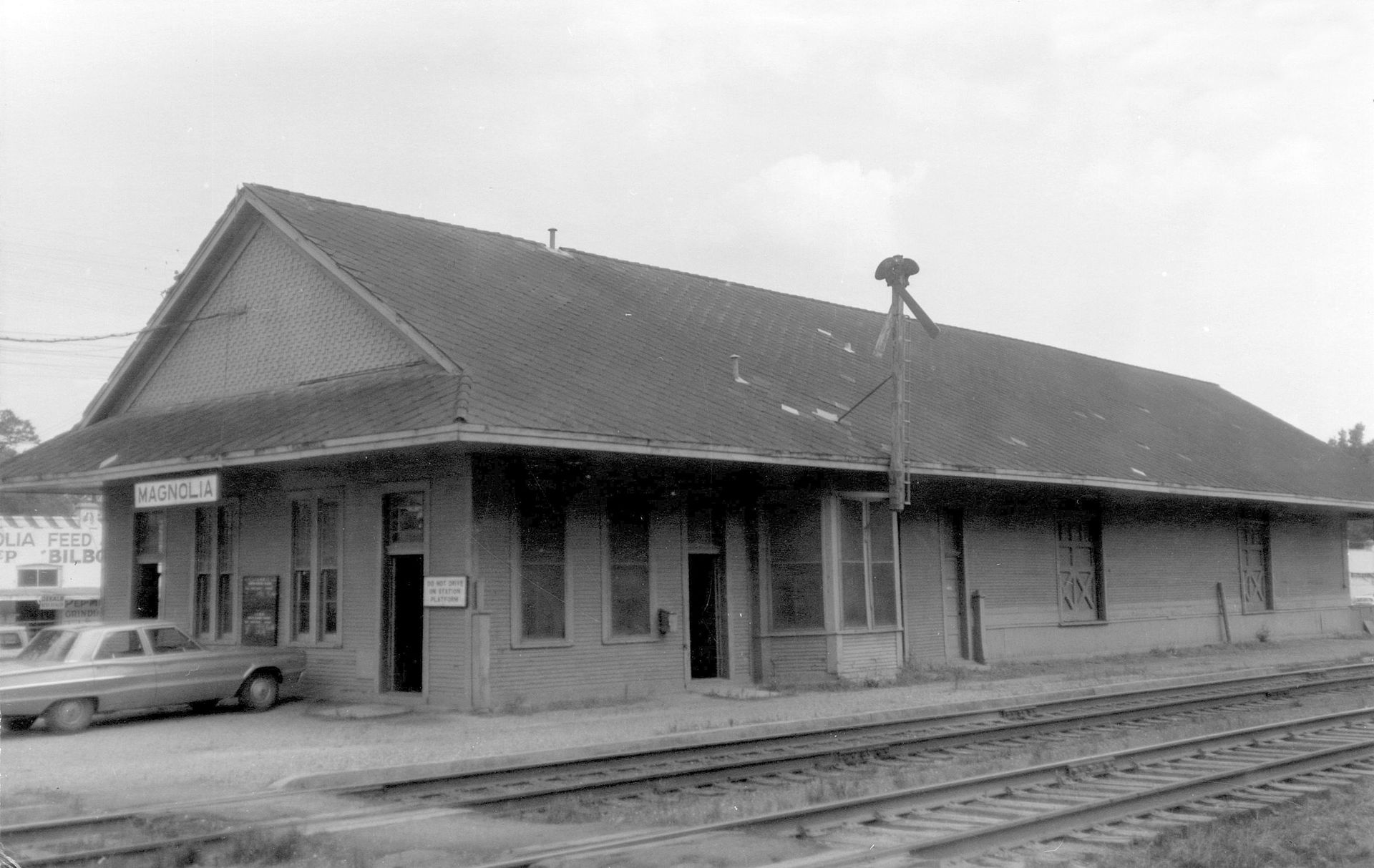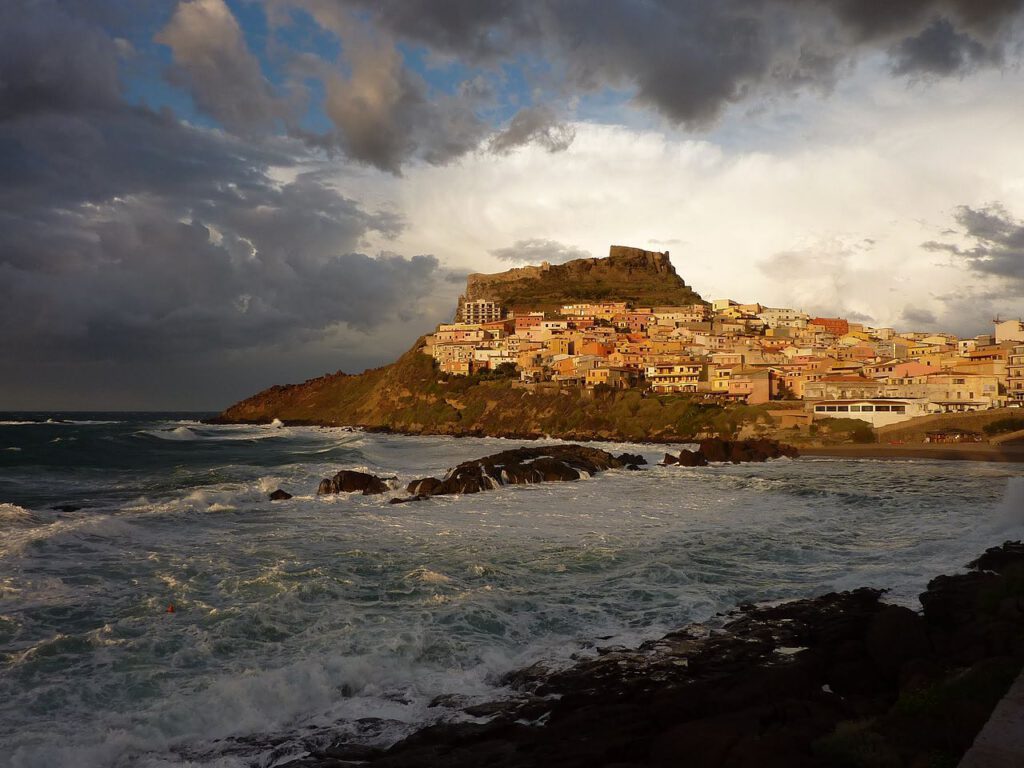Picture a holiday charity fundraiser under chandeliers, the well-heeled rubbing elbows midst chatter about Christmas markets in Bavaria and the beaches of Bali. My wife and I found ourselves there by some social accident last year, and, drinks in hand, worked our way to a quiet corner table where a 60-ish couple sat alee of the spirited din.
The husband, a life-long public school teacher, took up the thread of a story that led us far away from the urbanity, the gowns and the glitter. It took us to the small-town South. No spot on the map, or in the mind, is deeper South than Magnolia, Mississippi.

Restless for broader horizons, he had signed on in the 1970s to go as an exchange student to Westphalia, Germany – famous for its VW camper van – where he was hosted by a large and eager family. A family with a distinctive practice. Their home and table were fairly bristling with young people like himself from every corner of the world. He wondered out loud to his hosts how this had come to be, and that elicited a story.
The father, a socially awkward person in his youth, and yet too young for the army in the late 1930s, enrolled in the Hitlerjugend, the Hitler Youth. In the course of the war, he was assigned to work in Italy. There he came to see the barbarity of what fascism had wrought: the cruelties visited upon subject peoples, the mass deportations, and later, the camps, the gas chambers and ovens. In the swirl of ethnic pride and nationalism that had swept him up, he recognized his own complicity. Little comfort awaited him in Westphalia when he returned home at war’s end. Whatever could he and his new wife do to redeem something from the disgrace of such a past?
Wakeful nights of agonies, murmurs and tears finally yielded something of an answer: they would henceforth make their hearth and family a bulwark of friendship against such darkness. They would make it a life-calling to bring to their table people from every corner of the planet, to honor and welcome in humility the races and cultures of the world. The exchange student from Magnolia, Mississippi had been included, by chance, at that very table which began now to assume a sacred air.
Stories of such moral clarity have a way of translating themselves to other places and times, even when you come from a small town in the American South. The exchange student returned to his hometown having done his own moral inventory, and determined now in his own way to fashion a bulwark for right – but as teacher in the local public school. A reckoning with the horrors of war in Europe had come home to roost midst racism in the American South. The ironies of this small eddy of the human story defy imagination.
Now on the verge of retirement, he was modest enough to see his own lifetime of striving as but the discharge of a debt he owed to a family far away, and most of all, to a suffering, often invisible, community in his own hometown. But a flicker on his face in the telling made me wonder if, perchance there wasn’t somewhere, a young person once of his classroom, who had set out in turn to build a bulwark somewhere for justice.
There is the real holiday season elegance.



Wonderful♥️
Lots of beautuful people with lots of intold stories in those little MS towns😍 Thanks, Jonathan.
Thanks – reminding how one encounter leads to/shapes another,
Another fine portrait, JP! A century ago, on those pictured tracks, northbound Illinois Central trains trundled for years, carrying thousands seeking a better life. Segregated cars were shuffled and integrated upon crossing the Ohio at Cairo, their passengers disembarking in Chicago to yet more injustices. Well chronicled in “The Warmth of Other Suns.”
Hello, Mike! How wonderful of you to remind us of this stirring history so relevant to our present conversation! Even the smallest detail of the human story can connect us to the grand themes of human struggle and aspiration.